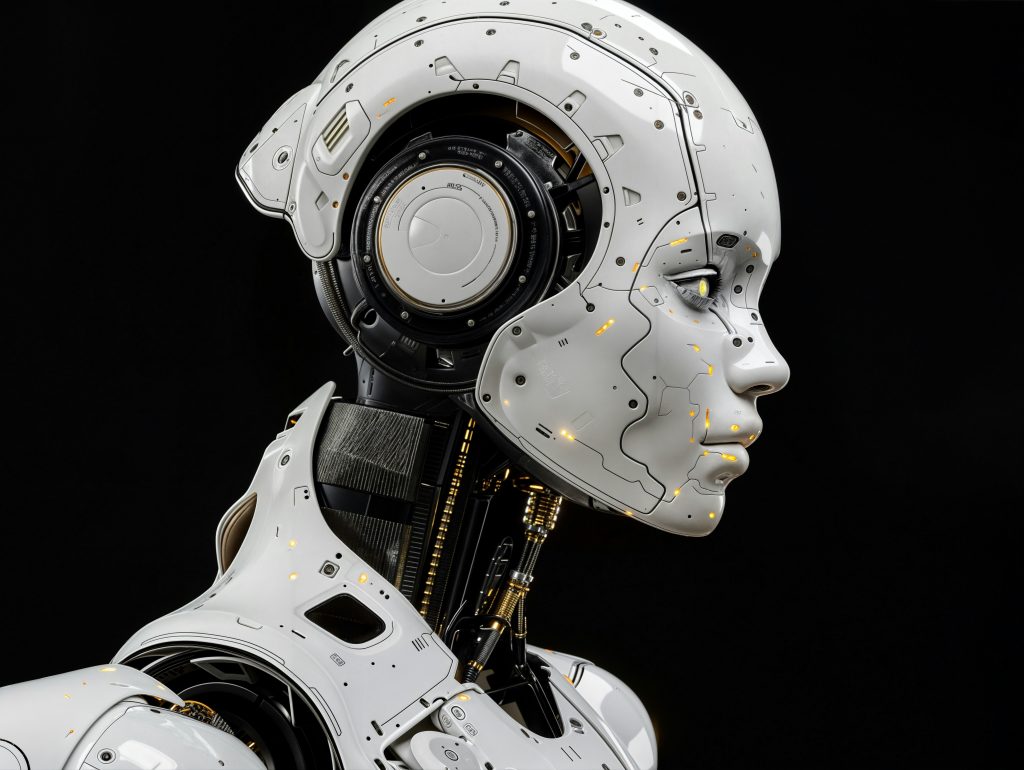As companies invest unprecedented amounts in digital transformation, they are simultaneously eliminating design roles at alarming rates.
In an era where AI can handle most technical and repetitive tasks, companies are in search of professionals who can engage in strategic thinking across various disciplines. However, educational programs continue to produce specialists who are trained in narrow methodologies. This disconnect highlights a deeper confusion about the fundamental nature of design: is it merely a collection of tools, methodologies, and processes, or is it a way of thinking that addresses human needs and extends beyond any specific technological moment?
The more concerning risk is that by emphasizing specialization, our profession may relinquish the areas where human insight is most crucial. This includes the complexities, contradictions, and the messy, value-driven aspects of real human experiences—the very essence of design that has been overlooked in the rush toward digital efficiency.
Design is no longer solely about shaping interfaces; it encompasses shaping how people live, make decisions, and understand the world around them.
“Realize that everything connects to everything else.”
— Leonardo da Vinci


